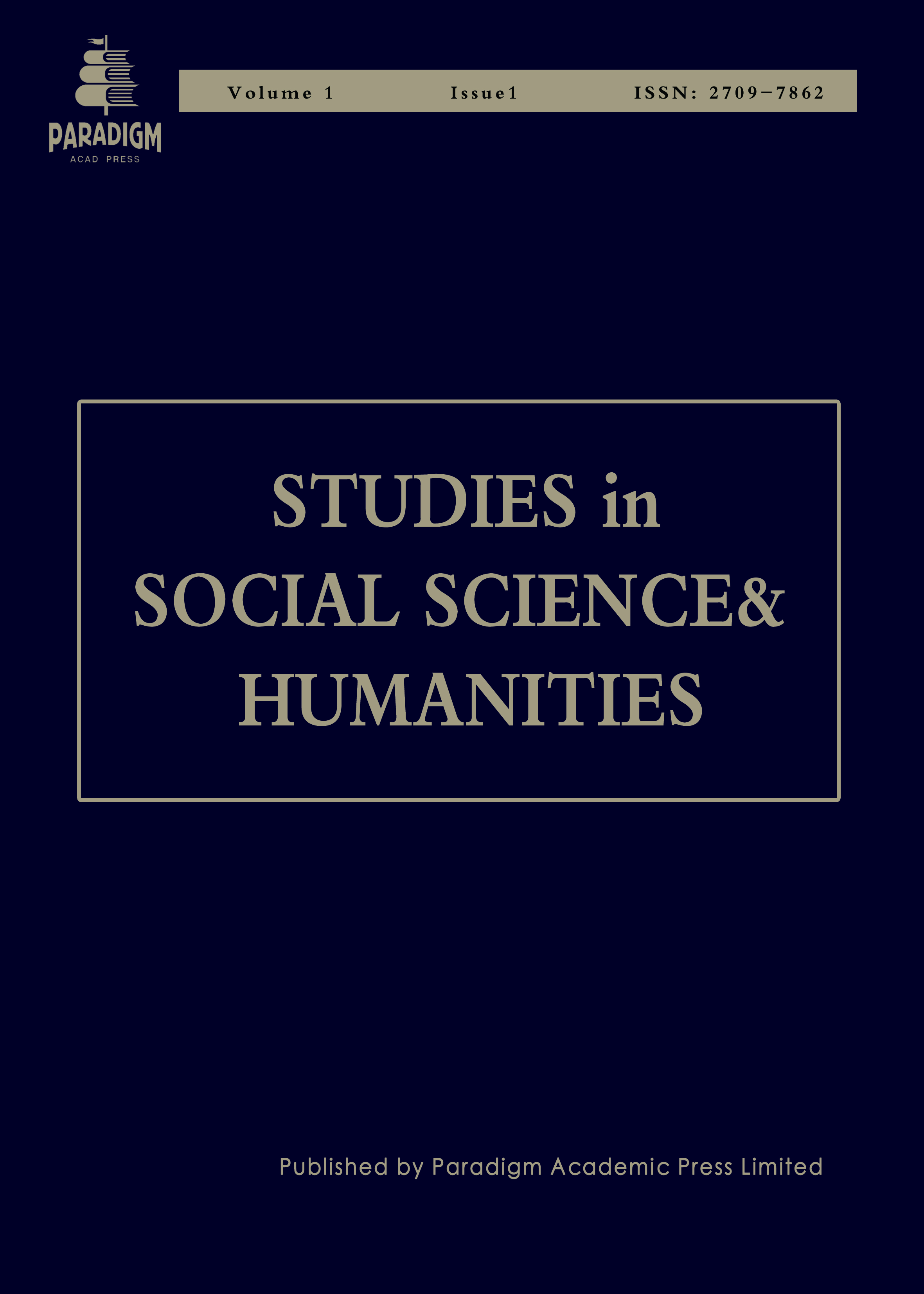The Emotional Outpour of Character Pieces in the Romantic Period
Keywords:
Romanticism, character pieces, abstract music, absolute music, Schubert, Schumann, Brahms, Mendelssohn, Liszt, Chopin, Dvorak, Rachmaninoff, Scriabin, Debussy, Ravel, emotional depthAbstract
Romanticism, as a significant period in development of music, refers to the appearance of new deeper and more intimate musical compositions. Previously, absolute music concentrated on the formal structure of the particular piece taking its references from composers such as Bach and the Viennese school composers. In contrast, program music narrates stories or suggests imagery. Notable examples like Vivaldi’s ‘The Four Seasons’ and Beethoven’s Symphony No. 6 ‘Pastoral’ in F, Op. 68 foreshadowed the idea of program music. This paper will focus on the phenomenon of definite character pieces that depict certain moods, as composed by Schumann, Chopin, Rachmaninoff and others, and demonstrating how programmatic works serve the Romantic concern with individuality and emotional profoundness. Inclusion of various character pieces written by major composers, including Schubert, Schumann, Brahms, Mendelssohn, Liszt, Chopin, Rachmaninoff, and Scriabin, will demonstrate how music was used to narrate complex emotional stories and their own experiences.


